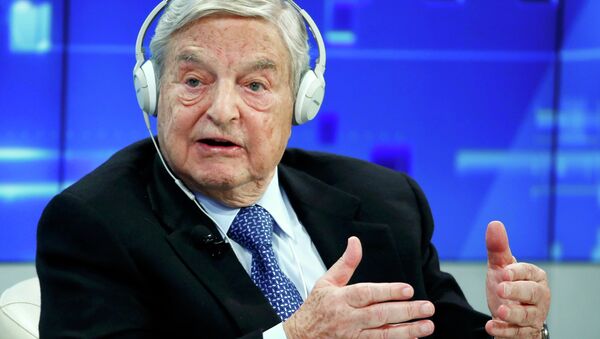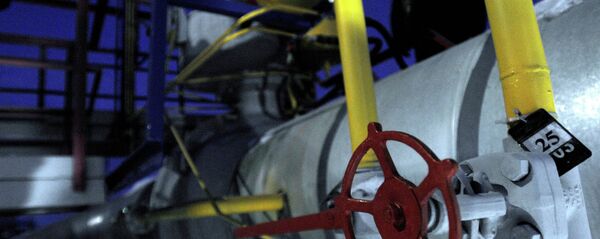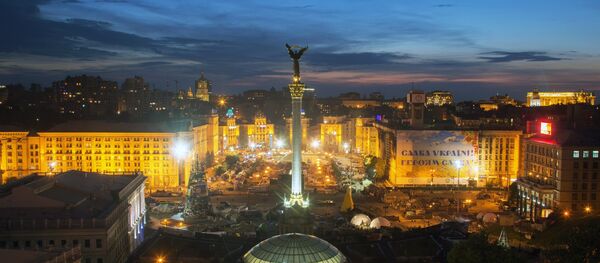"Benevolent investors do not exist," said Soros on Monday in an interview with the Austrian Der Standard newspaper. "There are concrete investment ideas, for example in agriculture or infrastructure projects. I would put in €1 billion. But private engagement needs political leadership."
€50 billion of funding "is a realistic order of magnitude," Soros told the newspaper, advising that "mezzanine financing" should be considered, at EU interest rates of almost zero.
Last month in an article published in the New York Review of Books, Soros explained in detail where the EU could raise the €50 billion for Ukraine, including using €15.8 billion from its European Financial Stabilization Mechanism, an emergency funding program which uses the EU budget as collateral, and the use of European Investment Bank bonds to the tune of €10 billion or more for infrastructure projects.
The possibility of arrears places in jeopardy the $17.5 billion system of financing the IMF agreed to provide for Ukraine last month, since the Fund maintains a policy of non-toleration of arrears to official bilateral creditors during the period of the program's financing.
On Wednesday the European Parliament announced it had approved a €1.8 billion loan for Ukraine, the funds for which the European Commission will raise on the international bond market and lend on to Ukraine at the same rate of interest. The money, which Ukraine plans to spend in 2015 and the first quarter of 2016, should be paid back within 15 years.




